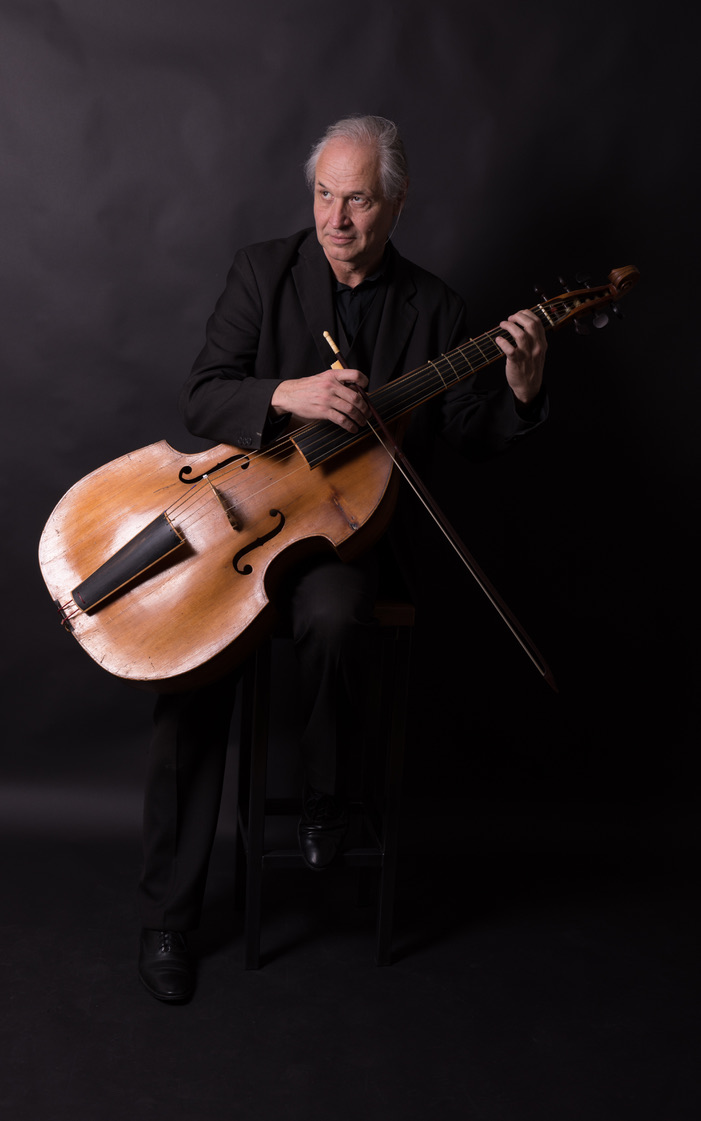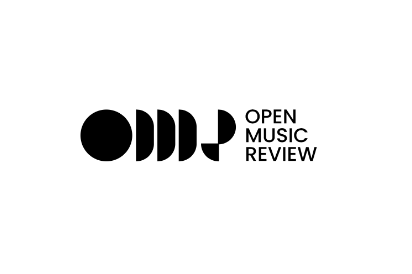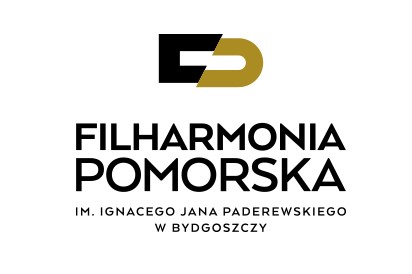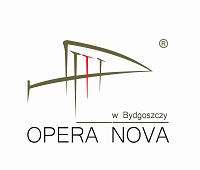c.zincke@amfn.pl
Christian Zincke występuje w całej Europie jako solista oraz wykonawca basso continuo w różnych zespołach, w tym Camerata Köln, La Stagione Frankfurt, Ricercar Consort, Bell Arte Salzburg, Marais Consort, Capella Thuringia, Musica Fiata, Main-Barockorchester Frankfurt i innych.
Studiował u Jaapa ter Lindena, Rainera Zipperlinga oraz Philippe’a Pierlota, uzyskując dyplom w Koninklijk Conservatorium w Hadze, Holandia. Jest regularnym gościem w prestiżowych salach koncertowych, takich jak Concertgebouw w Amsterdamie, Musikverein w Wiedniu oraz Alte Oper we Frankfurcie. Występował na festiwalach takich jak Resonanzen Festival w Wiedniu, Wratislavia Cantans, Settimana Musicale di Cuenca, Tage für Alte Musik w Regensburgu oraz Tage für Alte Musik w Innsbrucku. Liczne nagrania świadczą o doskonałości jego gry.
Christian Zincke gra na Viola da Gamba z Saksonii (1710) oraz Violone z południowych Niemiec, zbudowanym pod koniec XVIII wieku.
W 1999 roku założył zespół Echo du Danube. Początkowo koncentrujący się na muzyce kameralnej XVII wieku, zespół rozwinął bogaty repertuar, który przez lata świadczy o jego artystycznej witalności. Zespół ożywił ważne i niemal nieznane dzieła muzyki barokowej, takie jak oratorium Antonio Bertaliego Maria Maddalena, a także nagrania CD takich dzieł jak Partiturbuch Jacob’a Ludwiga (Naxos), The Wonders of the World Johna Maynarda (Accent), kantaty pasyjne Giovanni Ferrandiniego (Accent), Concerts choisis Georga Christopha Wagenseila (Accent), Sonatae pro diversis instrumentis op. 1 Gottfrieda Fingera (Accent), Divoti affetti alla Passion di Nostro Signore Giovanni Alberto Ristori (Accent), I Pastori di Bettelemme Giovanni Girolamo Kapspergera (Accent) oraz Amati orrori Francesco Provenzale (CPO).
Jego programy często zawierają prawykonania odkrytych na nowo utworów, które wymagają intensywnych badań i studiowania archiwów. Dla Christiana Zincke jest to istotny aspekt bycia muzykiem w dziedzinie muzyki dawnej – ściśle związany z życiem kulturalnym i stanowiący nieustanne źródło nowej inspiracji.
Uczy gry na Violi da gamba i prowadzi zespoły kameralne w Akademii Muzycznej im. Feliksa Nowowiejskiego w Bydgoszczy.
Christian Zincke performs throughout Europe as a soloist and continuo player in a variety of ensembles, including Camerata Köln, La Stagione Frankfurt, Ricercar Consort, Bell Arte Salzburg, Marais Consort, Capella Thuringia, Musica Fiata, Main-Barockorchester Frankfurt, and others.
He studied with Jaap ter Linden, Rainer Zipperling, and Philippe Pierlot, earning his diploma at the Koninklijk Conservatorium in The Hague, Holland. He is a regular guest at prestigious venues such as the Concertgebouw Amsterdam, the Viennese Musikverein, and the Alte Oper Frankfurt. He has performed at festivals such as Resonanzen Festival Vienna, Wratislavia Cantans, Settimana Musicale di Cuenca, Tage für Alte Musik Regensburg, and Tage für Alte Musik Innsbruck. Numerous recordings attest to the excellence of his playing.
Christian Zincke plays a Viola da Gamba from Saxony (1710) and a Violone from southern Germany, built in the late 18th century.
In 1999, he founded the ensemble Echo du Danube. From its initial focus on 17th-century chamber music, the ensemble has developed a rich repertoire over the years, demonstrating its artistic vitality. The ensemble has revived important and almost unknown works of Baroque music, such as Antonio Bertali’s oratorio Maria Maddalena, as well as CD recordings of Partiturbuch by Jacob Ludwig (Naxos), The Wonders of the World by John Maynard (Accent), Passion cantatas by Giovanni Ferrandini (Accent), Concerts choisis by Georg Christoph Wagenseil (Accent), Sonatae pro diversis instrumentis op. 1 by Gottfried Finger (Accent), Divoti affetti alla Passion di Nostro Signore by Giovanni Alberto Ristori (Accent), I Pastori di Bettelemme by Giovanni Girolamo Kapsperger (Accent), and Amati orrori by Francesco Provenzale (CPO).
His programs frequently feature premières of rediscovered works, requiring intensive research and archival studies. For Christian Zincke, this is an essential aspect of being a musician in the field of Early Music—one deeply connected to cultural life and a constant source of new inspiration.
He teaches Viola da gamba and Baroque Chamber Music at the Feliks Nowowiejski Academy of Music in Bydgoszcz, Poland.










